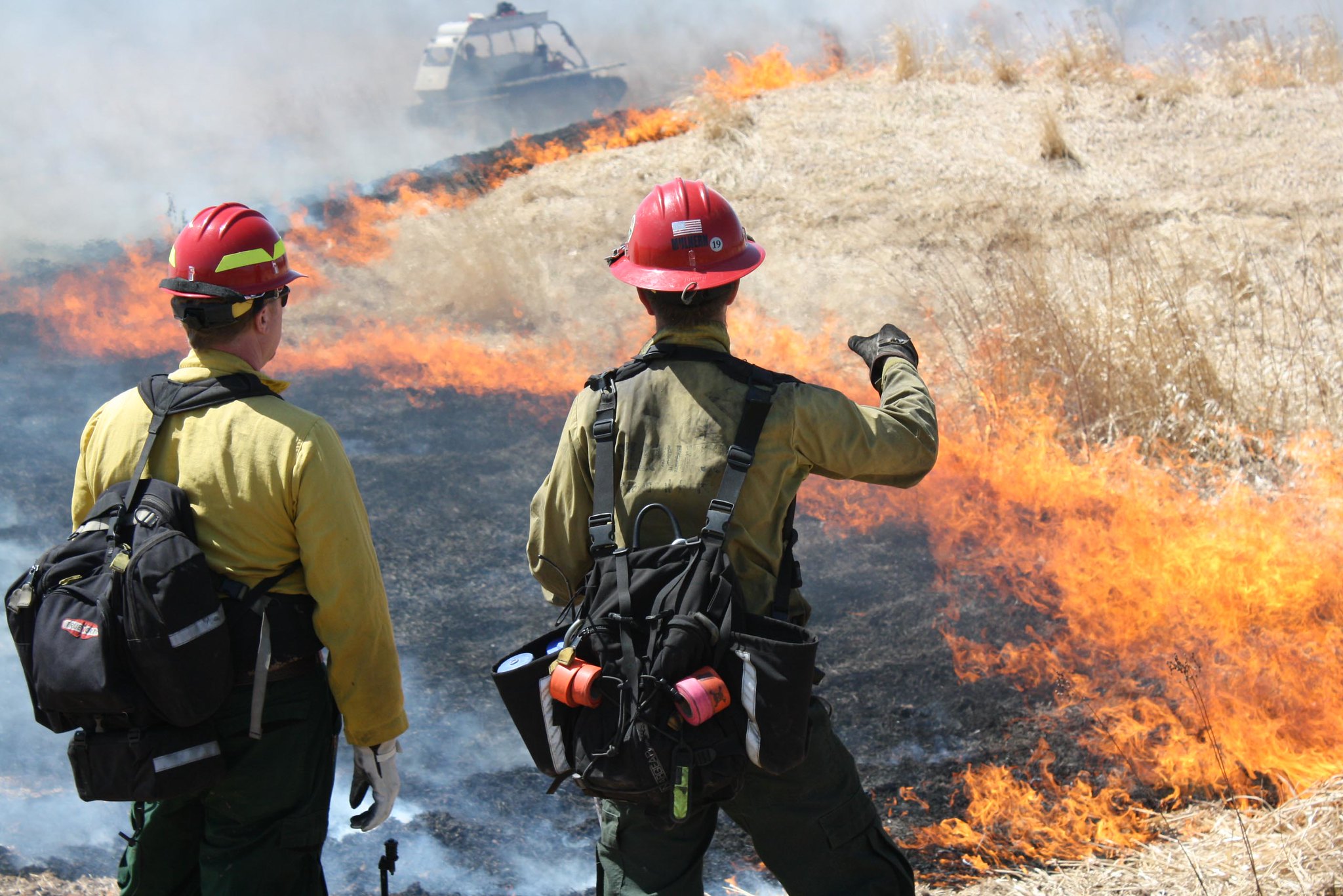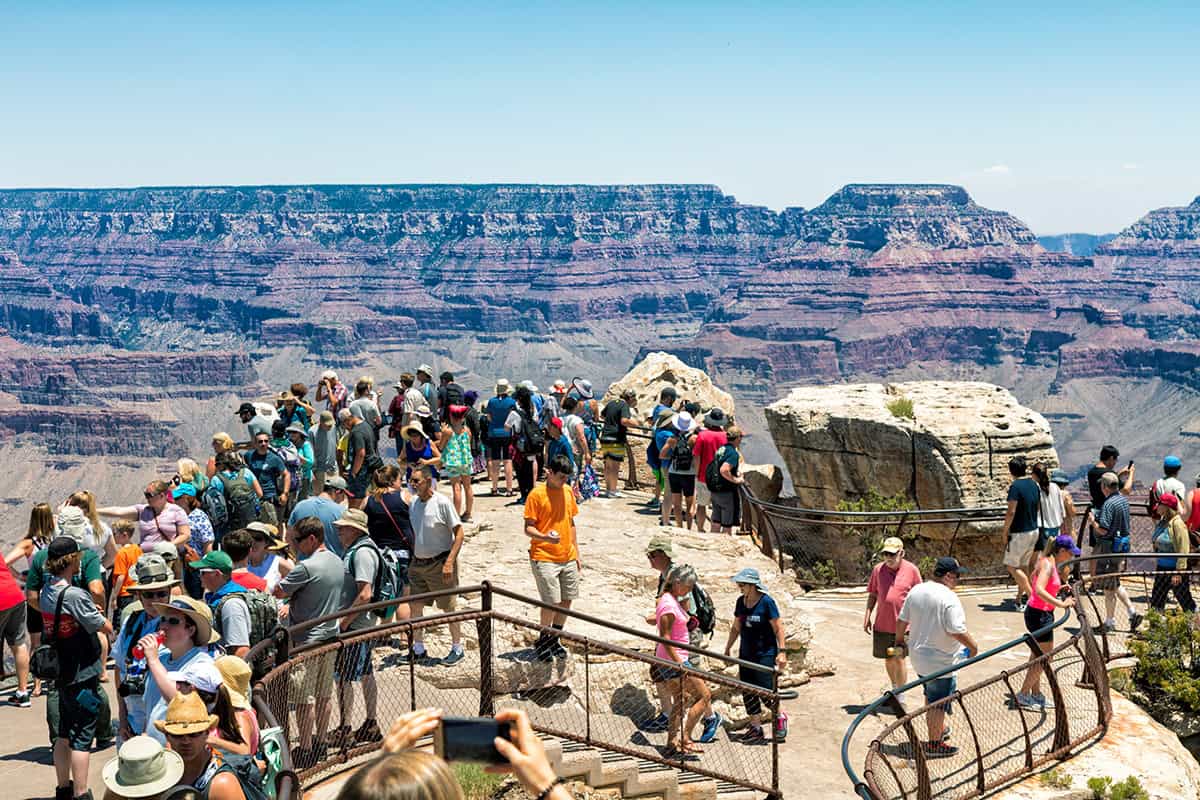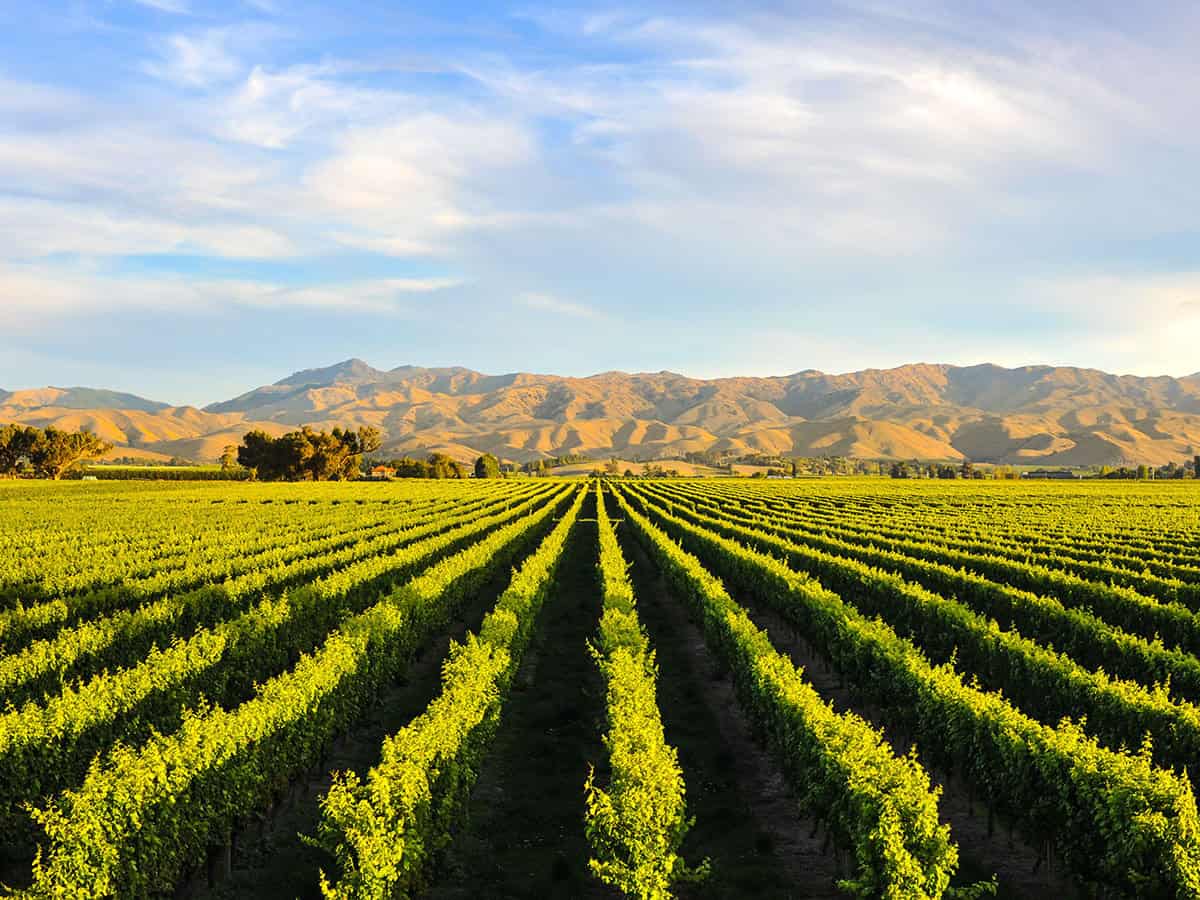
Typically, the water would be stored in huge pits, reinjected into the ground, or treated chemically. None of these solutions was satisfactory to the owner of the land’s surface rights where Western Gas Resources was planning to drill. David Barone, a senior foreman with the gas company, sought a solution that would satisfy the landowner by making the groundwater usable. He contracted with a small company in Sheridan, Wyoming, Emit Water Discharge Technology, to treat the water. In collaboration with a Pennsylvania company that deals in filtration products, Emit designed a treatment method. It relies on something called the Higgins loop, named after a scientist who worked on the Manhattan Project during World War II.
The discharge water is squeezed through a vertical loop packed with tiny resin beads. A process called ion exchange uses the beads to pull the sodium compounds from the water. The resulting salty waste stream represents less than 1 percent of the total water volume. The rest of the water is suitable for irrigation or discharge into rivers and streams. The salty residue is trucked off the site for disposal or recycling.
The machinery that cleans the water is portable and can be set up on a foundation of crushed gravel and wood, so site reclamation is minimal. It is an economically feasible solution to the basin’s problem of excessive discharge water, which could run as high as 1.6 million barrels a day. Emit is currently treating the water from 80 wells in Arvada, Wyoming, producing 750 gallons a minute to irrigate hundreds of acres of alfalfa and forage.
This pilot project, paid for by Western Gas, has attracted the attention of other industry representatives, landowners, and government officials. The possibility of increasing the nation’s energy resources while providing clean water to an arid region is moving closer to reality.
 Billings Gazette
Billings Gazette

